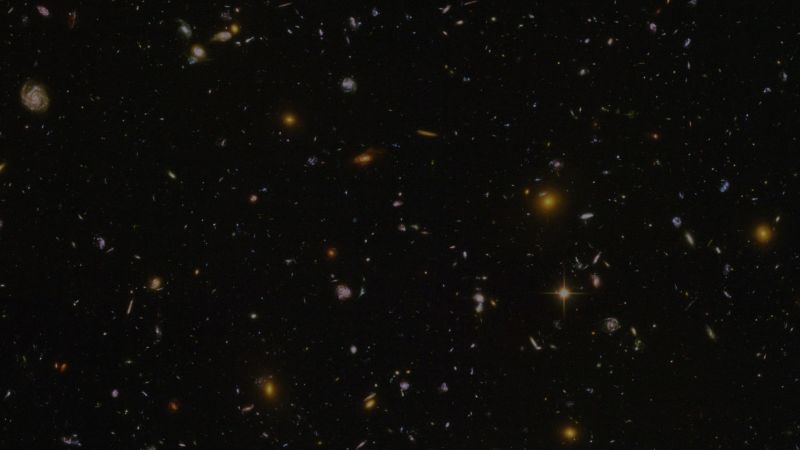The target date for the highly anticipated inaugural crewed mission of Boeing’s Starliner spacecraft has moved yet again.
Starliner’s first flight carrying astronauts was expected as soon as May 21 after two previous delays this month, but mission teams need more time to “work through spacecraft closeout processes and flight rationale,” and are now aiming to launch no sooner than 3:09 p.m. ET on May 25, according to a NASA release.
The update comes just days after Starliner teams reported a small helium leak in the service module of the spacecraft. They traced the leak to a flange on a single reaction control system thruster, where helium is used to allow the thrusters to fire. Additional time before launch will give specialists more time to evaluate this issue, though tests thus far have found that the leak doesn’t pose a threat to the mission, according to NASA’s latest update.
“Pressure testing performed on May 15 on the spacecraft’s helium system showed the leak in the flange is stable and would not pose a risk at that level during the flight,” the space agency said in its news release. “The testing also indicated the rest of the thruster system is sealed effectively across the entire service module. Boeing teams are working to develop operational procedures to ensure the system retains sufficient performance capability and appropriate redundancy during the flight.”
This mission, dubbed the Crew Flight Test, could be the final major milestone before NASA deems Boeing’s spacecraft ready for routine operations as part of the federal agency’s Commercial Crew Program.
The historic crewed flight was about two hours from liftoff on May 6 when it was scrubbed due to an issue with the a valve on the second stage, or upper portion, of the Atlas V rocket that Starliner will ride to space.
The NASA astronauts set to crew the mission for a weeklong stay at the International Space Station, Suni Williams and Butch Wilmore, have been in preflight quarantine but returned to Houston on May 10 to spend time with their families, Boeing said. Williams and Wilmore will fly back to NASA’s Kennedy Space Center in Florida closer to the new launch date, according to the space agency’s latest release.
Boeing’s historic aims
The Crew Flight Test is a decade in the making — the culmination of Boeing’s efforts to develop a spacecraft worthy of ferrying astronauts to and from the International Space Station under NASA’s commercial program.
The launch would mark only the sixth maiden voyage of a crewed spacecraft in US history, NASA Administrator Bill Nelson noted in a news conference earlier this month.
“It started with Mercury, then with Gemini, then with Apollo, the space shuttle, then (SpaceX’s) Dragon — and now Starliner,” he said.
Boeing designed the Starliner to rival SpaceX’s prolific Crew Dragon capsule and expand US options for ferrying astronauts to the space station.
On board, Williams will also make history as the first woman to embark on such a mission.
A rocky start
Development hang-ups, test flight problems and other costly setbacks have slowed Starliner’s path to the launchpad. Meanwhile, Boeing’s rival under NASA’s commercial crew program — SpaceX — has become the go-to transportation provider for the space agency’s astronauts.
Williams and Wilmore were already in their seats aboard the Starliner capsule May 6 when engineers found an issue and halted the launch.
The United Launch Alliance team, which builds the Atlas V rocket, identified a pressure regulation valve on a liquid oxygen tank that needed replacing. The valve has since been replaced, but the latest issue with the helium leak on the Boeing spacecraft that sits atop the rocket has caused further delay.
If the spacecraft does launch next week as planned, it and the astronauts inside will break away from the Atlas V rocket after reaching orbit, as Starliner begins firing its own engines. The vehicle will likely spend more than 24 hours gradually making its way to the space station.
Williams and Wilmore are set to spend about a week at the orbiting laboratory, joining the seven astronauts and cosmonauts already on board, while the Starliner remains docked outside.
The history-making crew will then return home aboard the same Starliner capsule, which is expected to parachute to a landing at one of several designated locations across the southwestern United States.
